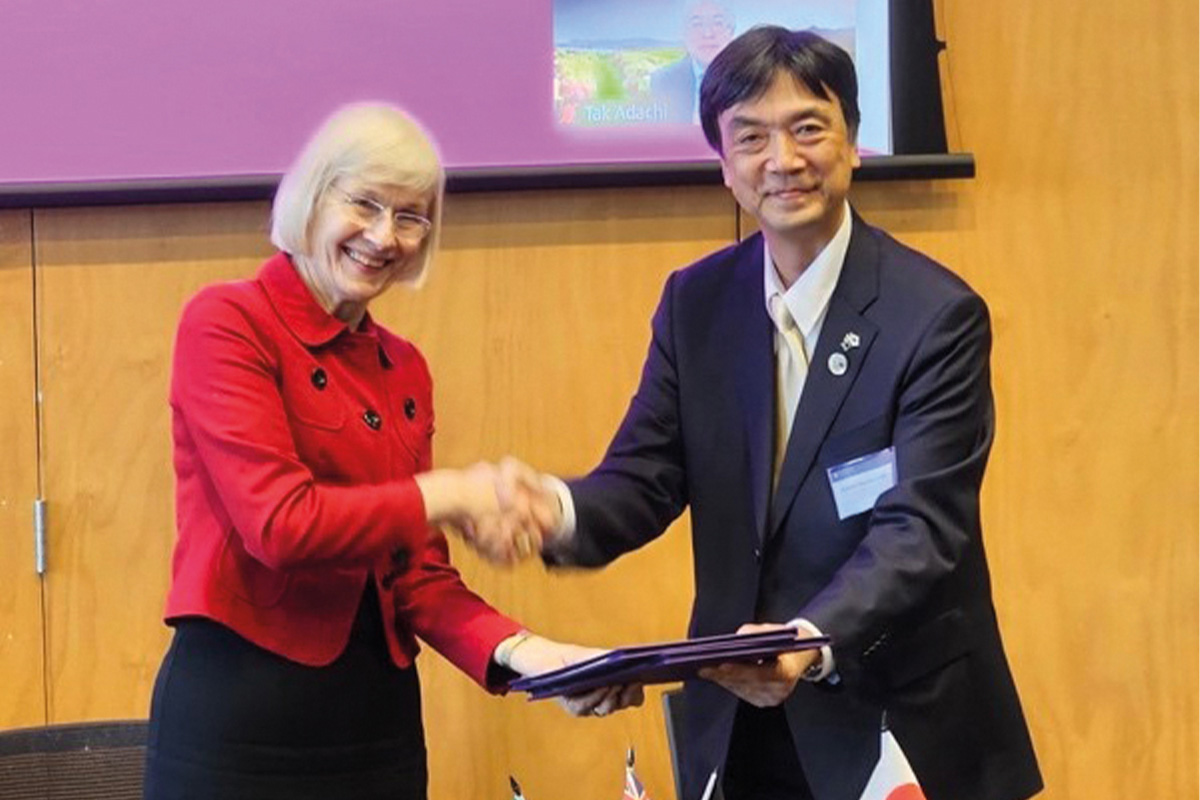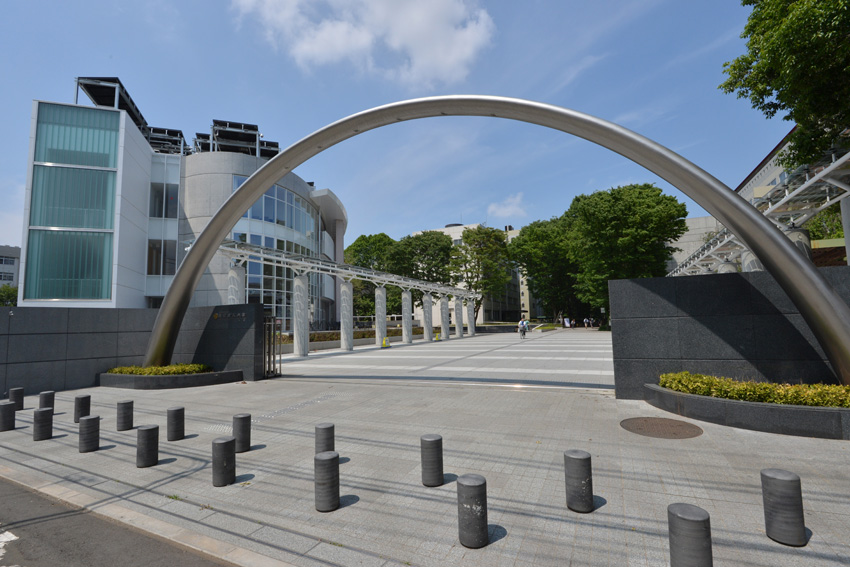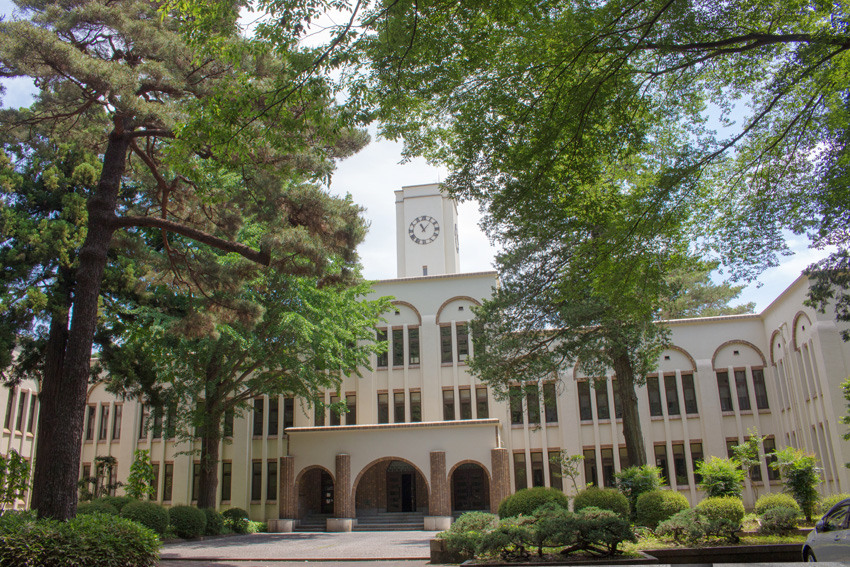

For 150 years, Tokyo University of Agriculture and Technology (TUAT) has been promoting innovation and Japanese values, with the institution now looking to forge MOUs overseas in order to further spread its vision.

In the realm of global education, Japan stands out as an enticing destination for aspiring individuals seeking a blend of tradition and innovation. However, the ongoing challenges brought about by the COVID-19 pandemic and concerns about language barriers and employment prospects have led to a decline in international student enrollment.
Kazuhiro Chiba, President of the Tokyo University of Agriculture and Technology (TUAT), sheds light on the unique educational experience the university offers and its commitment to cultivating global leaders. President Chiba emphasizes the distinctive value of studying in Japan, asserting: "The most crucial aspect of education lies in embracing the rich values that Japan has nurtured throughout its extensive history."
He envisions TUAT as a platform for cultivating individuals capable of contributing to global endeavors by drawing inspiration from Japan's cultural reservoir. And whilst acknowledging the traditional pursuit of economic success, President Chiba articulates a broader vision, stating: "Our vision extends beyond these boundaries."

Koganei campus
He advocates for an inclusive and considerate way of living in harmony with nature, addressing impending global challenges such as environmental degradation and resource scarcity. The mission is to enhance well-being on a global scale by nurturing skills and qualities that transcend mere economic achievements.
In responding to criticisms about Japanese universities lacking a distinctly Japanese experience, President Chiba explains TUAT's approach to innovation-driven programs.

Fuchu campus
"At TUAT, we want to create an opportunity not only for Japanese students but also for international students studying in Japan to delve into how to implement new ideas that lead to innovation," he says. In this sense, the university seeks not to emulate other successful models, but to create a uniquely Japanese educational experience that fosters innovation.
TUAT's commitment to global collaboration is also evident in partnerships with universities worldwide. President Chiba highlights collaborations addressing energy and agricultural challenges with the University of Queensland and other international universities. These initiatives involve students from different nations working together to find innovative solutions.
“The university's emphasis on understanding the specific needs and desires of people globally aligns with our commitment to fostering a culture of innovation and collaboration,” he says. And as TUAT looks toward its future, his dream is clear – to witness a generation of young individuals embracing new values and translating them into impactful action, contributing to a brighter and more sustainable future.
To hear more from President Chiba Kazuhiro of TUAT, check out this interview with him
0 COMMENTS